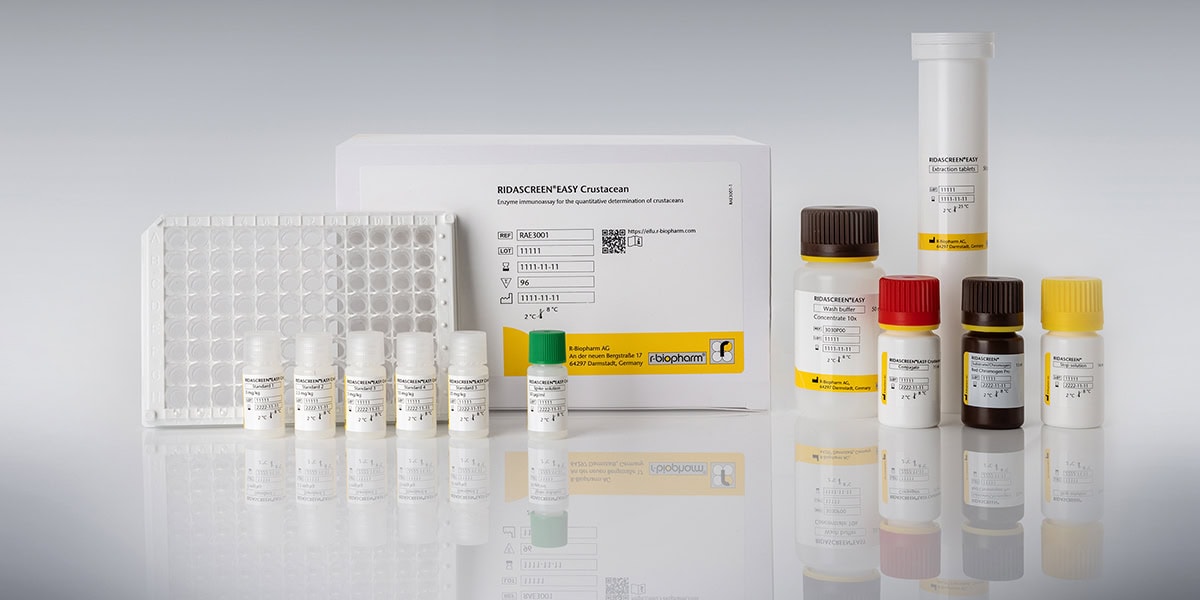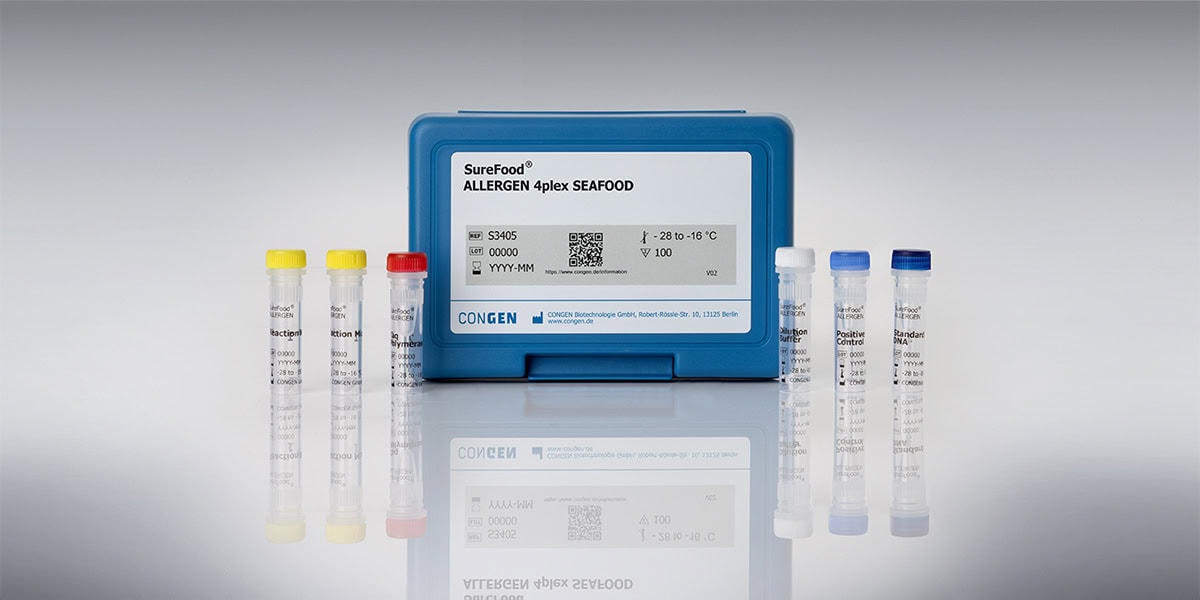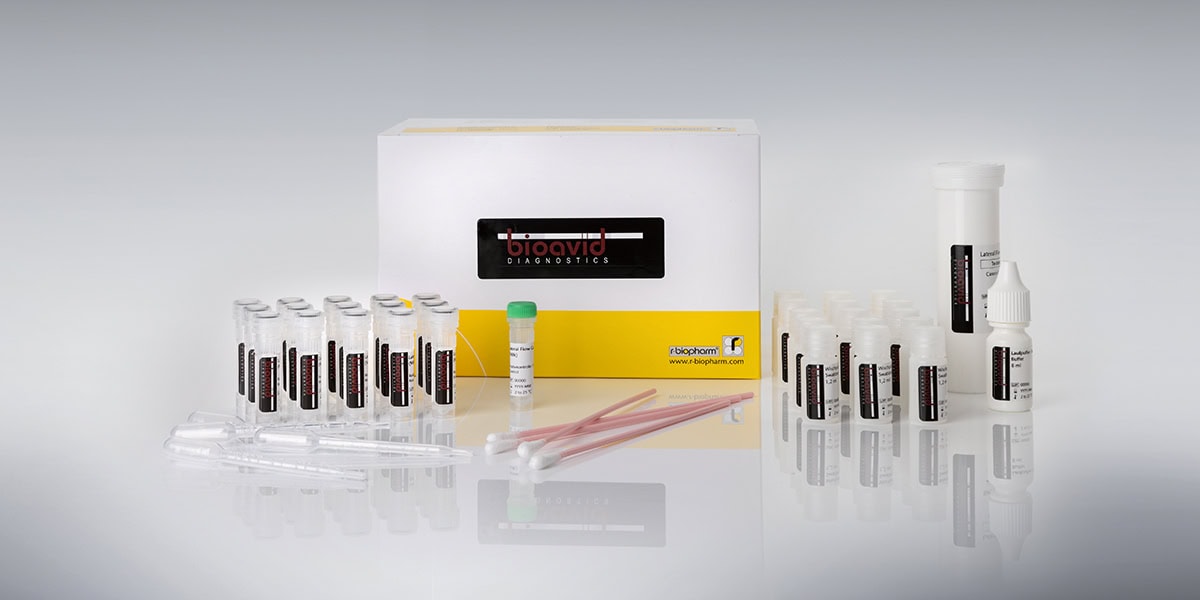
Recent news in Food & Feed Analysis
- Home
- /
- New challenges for food...
New challenges for food allergen test methods

Traces of almond in paprika? – Products recalled
Undeclared allergens in food continue making headlines in the news; products have been recalled in various countries like the UK. Traces of peanut in cumin, almond and hazelnut in peanut butter and apparently now almond in paprika are just some examples of notifications in the EU RASFF database.
Detection of allergens in complicated food products is an analytical challenge for a laboratory, particularly when different allergens have to be tested in many samples over a short period of time.
The analytical challenge for food allergen test methods
In many of these cases one of the ingredients, like paprika, is contaminated with traces of an allergen. Therefore food allergens may be present at very low levels in the end product. The analytical method used should have a sufficiently low limit of detection.
Spices and spice mixes like seasonings or products like peanut butter are analytically very complicated matrices. Using an efficient extraction method is essential for accurate results. As mentioned in our previous post we can offer both qPCR and ELISA methods that meet these demands:
For confirmatory testing we offer real-time PCR testkits.
Automation of food allergen test methods
When food safety issues create headlines, more products will be tested and sent to the laboratory. Increased numbers of sample arriving requiring multiple food allergens to be tested in the same samples. Results need to be available quickly and the daily routine analysis has to be done too. How to handle these additional samples?
Automation of food allergen test methods could be the solution – multiple allergens can be analyzed at the same time. Automation will enable you to test more samples efficiently. We have years of experience in developing, validating and implementing automation solutions in food analysis in many food laboratories. Validated application protocols using the Gemini (Stratec Biomedical) or ChemWell® 2910 (Awareness Technology) are available upon request.



